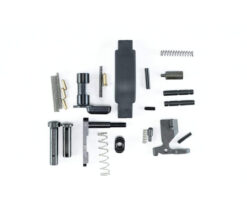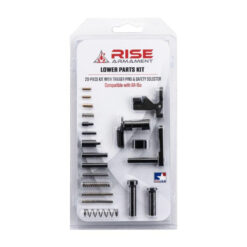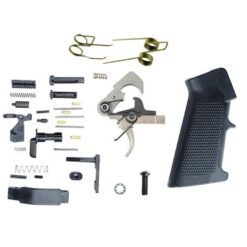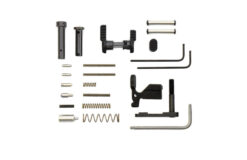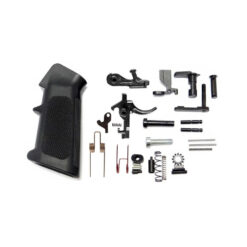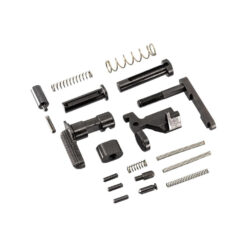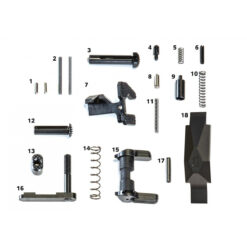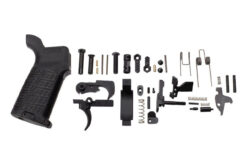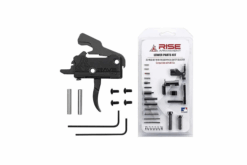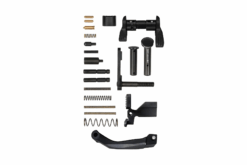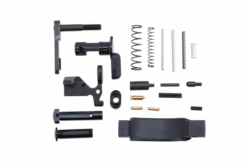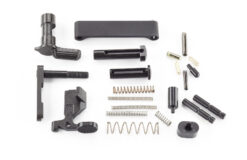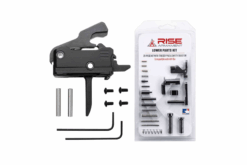Save 8%
MSRP: $23.95
$21.95
On-Sale
Save 33%
MSRP: $29.95
Original price was: $26.95.$19.95Current price is: $19.95.
Strike Industries AR 15 Enhanced Lower Receiver Parts Less Trigger, Hammer and Disconnector
Strike Industries
Save 9%
MSRP: $55.95
$50.95
Save 10%
MSRP: $124.95
$112.95
MSRP: $44.99
$44.99
Save 9%
MSRP: $84.95
$76.95
Save 10%
MSRP: $79.99
$71.99
Save 19%
MSRP: $128.95
$104.95
Save 4%
MSRP: $57.00
$54.95
MSRP: $145.00 – $150.00
Price range: $145.00 through $150.00
MSRP: $129.95
$129.95
Save 16%
MSRP: $178.99
$149.99
New
Save 7%
MSRP: $139.99
$129.99
Save 20%
MSRP: $49.99
$39.95
MSRP: $49.95
$49.95
On-Sale
Save 27%
MSRP: $178.99
Original price was: $149.99.$129.95Current price is: $129.95.


